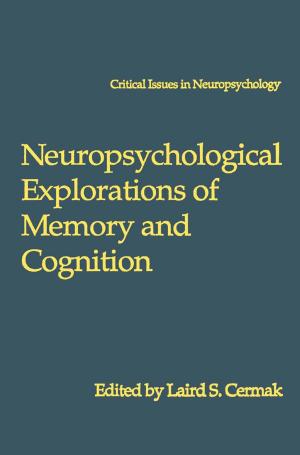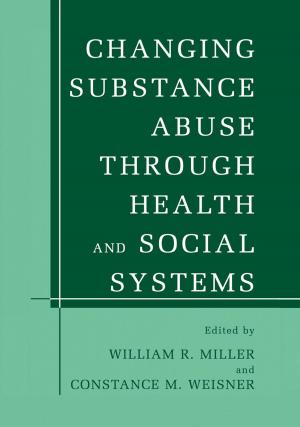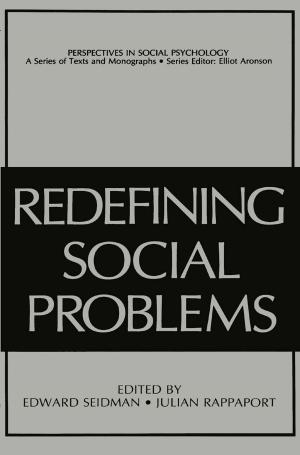Estimating Impact
A Handbook of Computational Methods and Models for Anticipating Economic, Social, Political and Security Effects in International Interventions
Nonfiction, Science & Nature, Mathematics, Game Theory, Computers, Database Management, Data Processing, Social & Cultural Studies, Social Science| Author: | ISBN: | 9781441962355 | |
| Publisher: | Springer US | Publication: | September 15, 2010 |
| Imprint: | Springer | Language: | English |
| Author: | |
| ISBN: | 9781441962355 |
| Publisher: | Springer US |
| Publication: | September 15, 2010 |
| Imprint: | Springer |
| Language: | English |
Sociological theories of crime include: theories of strain blame crime on personal stressors; theories of social learning blame crime on its social rewards, and see crime more as an institution in conflict with other institutions rather than as in- vidual deviance; and theories of control look at crime as natural and rewarding, and explore the formation of institutions that control crime. Theorists of corruption generally agree that corruption is an expression of the Patron–Client relationship in which a person with access to resources trades resources with kin and members of the community in exchange for loyalty. Some approaches to modeling crime and corruption do not involve an explicit simulation: rule based systems; Bayesian networks; game theoretic approaches, often based on rational choice theory; and Neoclassical Econometrics, a rational choice-based approach. Simulation-based approaches take into account greater complexities of interacting parts of social phenomena. These include fuzzy cognitive maps and fuzzy rule sets that may incorporate feedback; and agent-based simulation, which can go a step farther by computing new social structures not previously identified in theory. The latter include cognitive agent models, in which agents learn how to perceive their en- ronment and act upon the perceptions of their individual experiences; and reactive agent simulation, which, while less capable than cognitive-agent simulation, is adequate for testing a policy’s effects with existing societal structures. For example, NNL is a cognitive agent model based on the REPAST Simphony toolkit.
Sociological theories of crime include: theories of strain blame crime on personal stressors; theories of social learning blame crime on its social rewards, and see crime more as an institution in conflict with other institutions rather than as in- vidual deviance; and theories of control look at crime as natural and rewarding, and explore the formation of institutions that control crime. Theorists of corruption generally agree that corruption is an expression of the Patron–Client relationship in which a person with access to resources trades resources with kin and members of the community in exchange for loyalty. Some approaches to modeling crime and corruption do not involve an explicit simulation: rule based systems; Bayesian networks; game theoretic approaches, often based on rational choice theory; and Neoclassical Econometrics, a rational choice-based approach. Simulation-based approaches take into account greater complexities of interacting parts of social phenomena. These include fuzzy cognitive maps and fuzzy rule sets that may incorporate feedback; and agent-based simulation, which can go a step farther by computing new social structures not previously identified in theory. The latter include cognitive agent models, in which agents learn how to perceive their en- ronment and act upon the perceptions of their individual experiences; and reactive agent simulation, which, while less capable than cognitive-agent simulation, is adequate for testing a policy’s effects with existing societal structures. For example, NNL is a cognitive agent model based on the REPAST Simphony toolkit.















